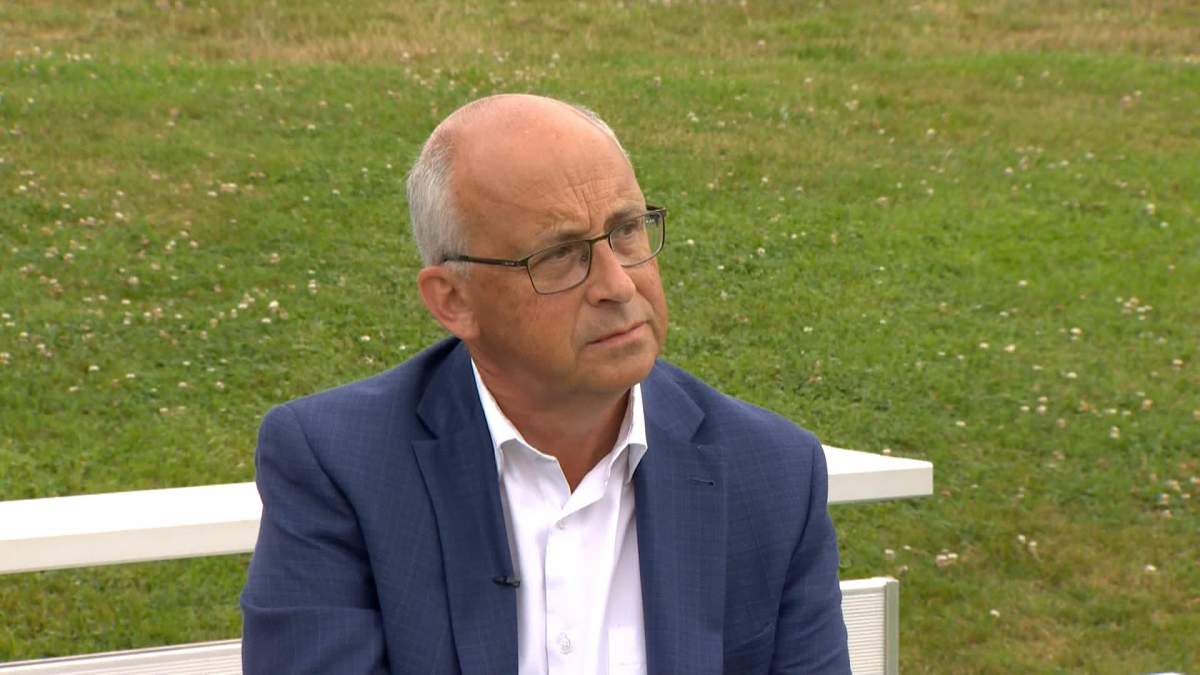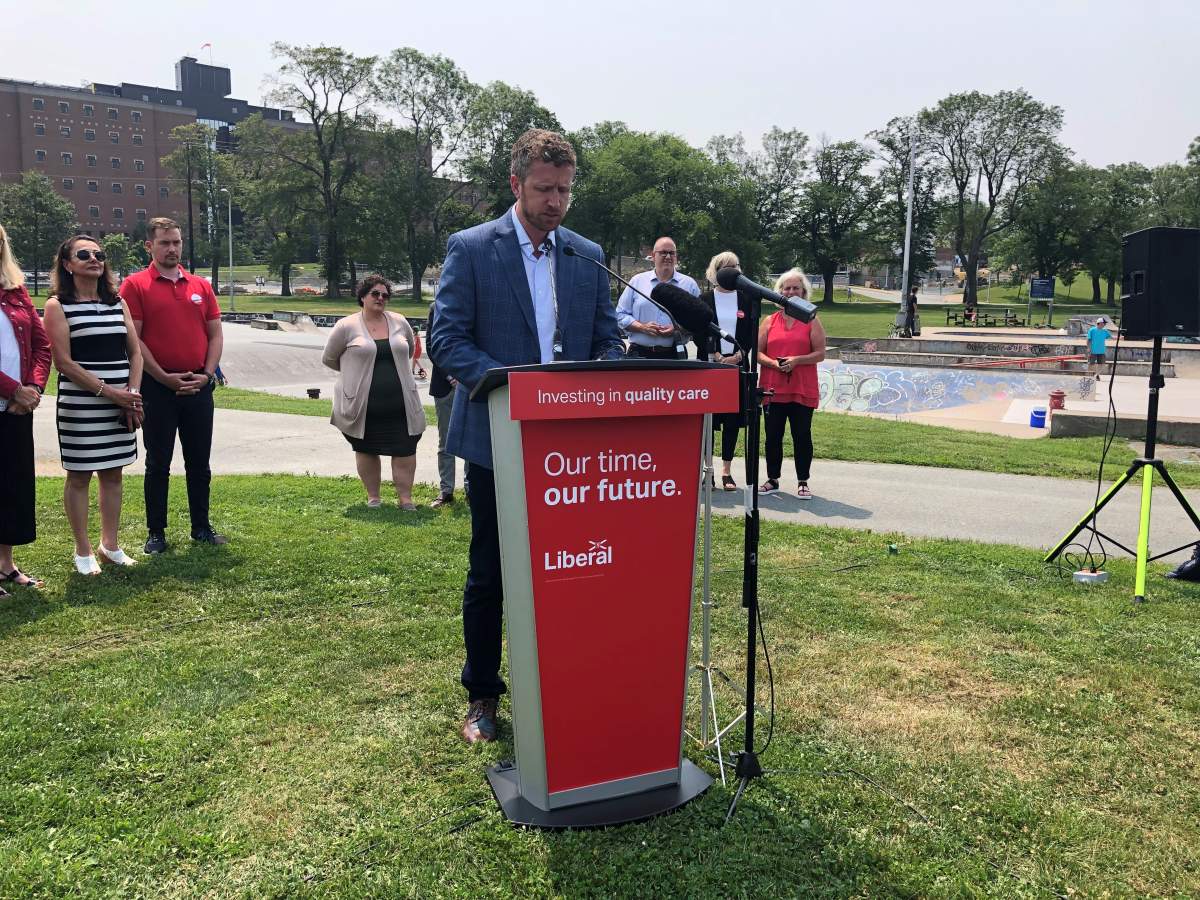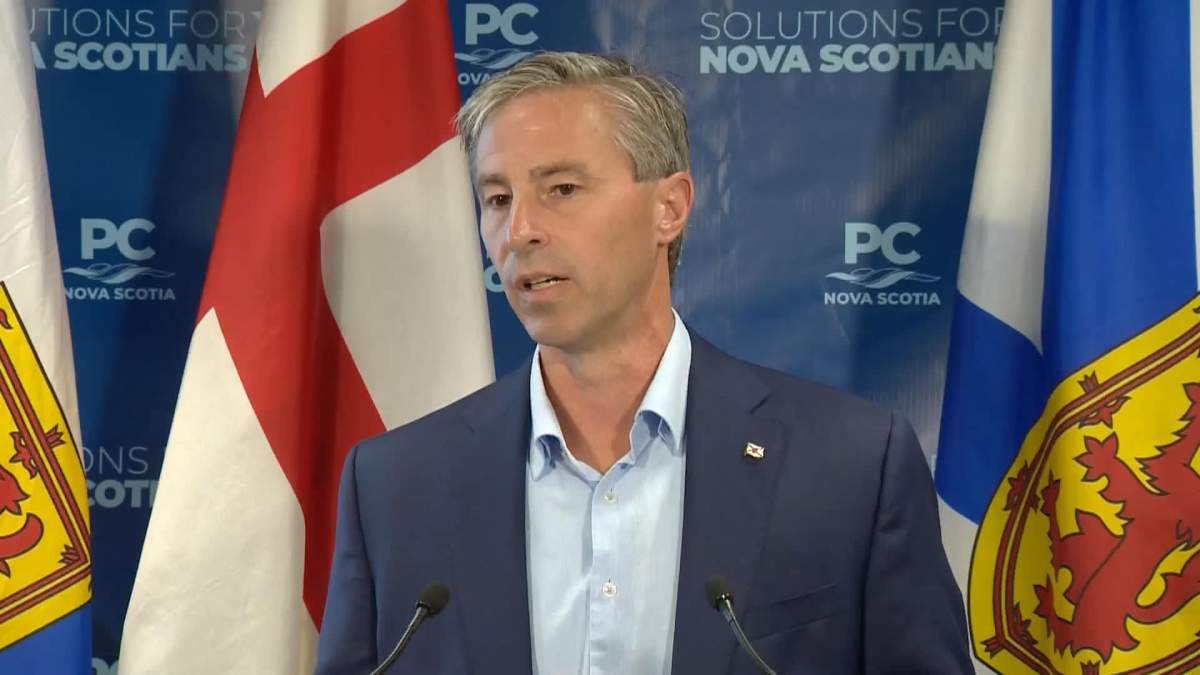In any given year, about 20 per cent of Canadians will experience a mental health problem or illness and by the age of 40, half of the population will have or have had a mental illness.

Despite how common mental illnesses are, support for mental health is lacking.
READ MORE: N.S. social workers call for systemic overhaul of the mental health and addiction services system
“Mental health care pre-pandemic had its issues and there weren’t always services there when people needed them, and waitlists were long,” said Beverly Cadham, branch manager for the Halifax-Dartmouth chapter of the Canadian Mental Health Association.
“So when the pandemic happened, I think that exacerbated that issue to the point where people have not been getting the services they needed in a timely manner.”
Mental health organizations have reported an increase in people reaching out due to the pandemic and advocates warn that there will likely be long-lasting mental health issues because of the pandemic.
“I personally feel we act in a crisis mode versus an intervention and prevention, so we need to invest more into getting people into the system into the help they need before it gets to a crisis mode,” said Cadham.
With Nova Scotia in the middle of an election campaign Cadham says that regardless of who wins and forms the next government, she hopes that mental health is made a priority and that the government dedicates 10 per cent of the health budget towards mental health — a figure recommended by the World Health Organization. But so far, only the NDP is committing to that.

Get weekly health news
“We are at Nova Scotia today somewhere in the area of six per cent. In the NDP, we have brought forward some time ago a mental health bill of rights that says that by 2025, Nova Scotia must be in the place where 10 per cent is being spent on mental health,” said NDP Leader Gary Burrill on Wednesday.
Last week, Burrill promised that if elected, his government would use some of the funds to create same-day and next-day mental health clinics so that mental health care is more accessible for Nova Scotians.
READ MORE: Keeping track of the N.S. election and promises from main party leaders
It’s that accessibility of care that’s become a talking point for all three leaders, with Liberal Leader Iain Rankin making a similar announcement on Wednesday.
“A re-elected Liberal government will invest $4 million annually to launch eight new mental health walk-in clinics to ensure Nova Scotians struggling with mental health issues can receive timely, appropriate and dedicated treatment from a team of dedicated professionals.”
Rankin also announced that they will invest in mobile outreach street nurses to provide support for marginalized individuals who aren’t comfortable seeking health care at regular facilities.
He told reporters that their plans to create a dedicated office to physician and health care professionals recruitment would help to staff these efforts.
PC Leader Tim Houston says they will put an extra $100 million towards mental health, which will help create a 24/7 mental-telehealth service along with a dedicated emergency number, 9-8-8, for mental health crises so people no longer have to call 9-1-1.
Houston also says he’ll create a separate mental health and addictions department with its own minister and will make mental health more accessible by making sure that paying for counselling is not a barrier.
“Access should be truly universal. And under a PC government, it will be. If you don’t qualify for private mental health coverage, under our plan, you will,” he said on Tuesday.











Comments